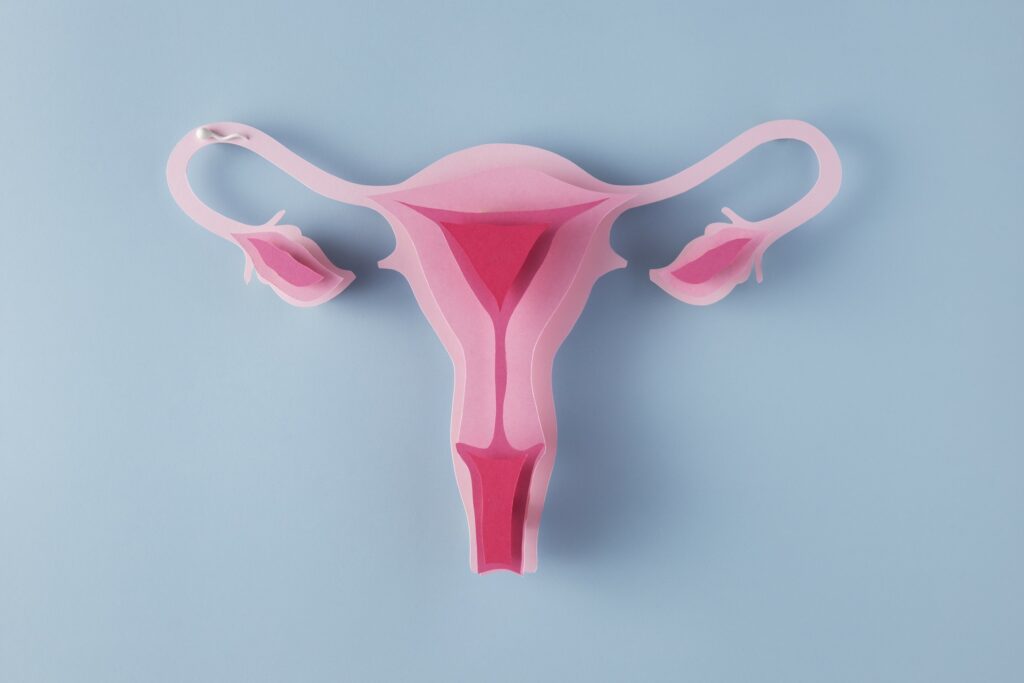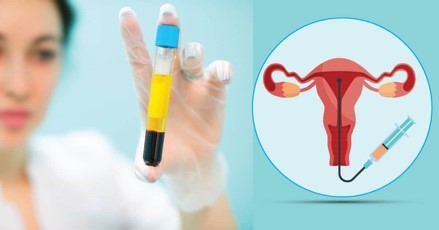Reproductive Immunology for Implantation Failure and Endometriosis
What Is REproductive Immunology?
It is a field of medicine that evaluates the interactions between the immune system and components related to the reproductive system such as maternal immune tolerance towards the embryo or fetus. We use reproductive immunology testing to try to find explanation for unexplained reasons of infertility, recurrent miscarriages, and pregnancy complications observed when this state of immunological tolerance is not successfully achieved.
The immunological system of the mother plays an important role in pregnancy because the mother’s body considers the embryo (which is half sperm and half egg) is “half foreign” and thus it needs to make sure that the embryo will not be rejected.
During pregnancy, immunological events that take place within the body of the mother are crucial in determining the healthiness of both the mother and the fetus. In order to provide protection and immunity for both the mother and her fetus without developing “rejection reactions,” the mother must develop “immune tolerance” to her embryo/fetus.
The placenta also plays an important part in protecting the embryo from the mother’s immune system attack. Secretory molecules produced by placenta and maternal uterine immune cells work together to develop a functioning placenta.
Uterine Natural Killer (NK) cells
The maternal immune system, specifically within the uterus, undergoes changes in order to allow for implantation and protect a pregnancy from “body attack.” One of these changes are alterations in the uterine Natural Killer (NK) cells. NK cells are part of our normal immune system and are responsible for attacking infections. However, the number of NK cells are different during a healthy pregnancy. In the first trimester of pregnancy, NK cells are among the most abundant immune cells present, but the number of NK cells present slowly declines up until delivery of the baby.

An increase in the numbers of NK cells in the uterus has been associated with several human reproductive disorders, including recurrent implantation failure, recurrent miscarriages, and infertility.
What is endometriosis and how is it diagnosed?
Up to 50% of infertile women have endometriosis. Endometriosis occurs when tissue of the uterine lining grows outside of the uterus and goes on other organs in the abdomen such as fallopian tubes, ovaries, bowel and even bladder. It can affect the reproductive system at all levels; i.e, the ovaries, the uterus, and the fallopian tubes. Endometriosis is under diagnosed and commonly undertreated because the only diagnosis is by undergoing a major surgery. This delay in diagnosis can contribute to poor fertility outcome.
The diagnosis of endometriosis is suspected based on the patient’s history and her symptoms. It is confirmed after a physical examination and imaging techniques such as ultrasound and MRI. However, surgery is the gold standard for its diagnosis.
Endometriosis should be considered in situations where multiple IUI, IVF, embryo transfer, or even egg donor cycles had failed. Endometriosis, which is an inflammatory process associated with immune system dysfunction, must be considered as one of the possible contributing factors.
Endometriosis and Immunology: Impact on Fertility
Endometriosis is associated and could be a symptom of other immune and inflammatory disorders such as thyroid disorder, rheumatoid arthritis, systemic lupus erythematosus (SLE), fibromyalgia, celiac disease, multiple sclerosis, and inflammatory bowel disease.
It is well known that women with endometriosis have poorer outcome in IVF because they tend to have lower ovarian reserve, poorer egg and embryo qualities, and lower implantation rates.

How can we help you at RFC?
After extensive research and training in the field, RFC became one of the leaders in the field of Reproductive Immunology which is committed to helping couples who have experienced recurrent implantation failure, recurrent pregnancy losses, or pregnancy with a history of or active autoimmune disease in order to achieve a successful pregnancy. We will perform comprehensive analysis that will help generate your unique immunological treatment plan to allow us to effectively manage your IVF cycle and your early pregnancy.
SUCH WORK-UP AND TREATMENTS INCLUDE:
- Intra-lipids infusions to lower NK (Natural Killer) cells
- Endometrial biopsy for lining inflammation and receptivity
- Intravenous immunoglobulins (IVIG)
- Omega 3 supplementation such as EPA and DHA
- Steroid to lower inflammation such as Prednisone
- Blood thinners such as Lovenox, Heparin, or baby aspirin
- Other treatments based on each patient medical history such as Plaquenil
INTRALIPIDS INFUSION:
What are they?
Intralipids are a synthetic fat emulsion and are usually made from 1.2% egg yolk phospholipids, 10% soybean oil, 2.25% glycerin and water.
How do they work?
Intralipids deactivate natural killer cells in a woman’s body which may prevent embryos from implanting and growing properly in the uterus.
Who might benefit?
- If you suffer from Recurrent Pregnancy Loss
- If you suffer from Recurrent Implantation Failure
- If you have elevated NK cells
When to receive the infusions?
- 1-2 weeks before the embryo transfer
- Another infusion on the day of or before the embryo transfer
- Then every 2 weeks until 9-12 weeks of pregnancy to keep the NK cells deactivated until the pregnancy can override the signals being sent by my immune system.
- Each infusion takes approximately 45 minutes.
Summary Statement by the ASRM
- There is insufficient evidence to routinely recommend intravenous fat emulsions for infertile women pursuing IVF.
- Additional studies are needed to identify populations where benefits may exist but are not proven.

PRP (PLATELET-RICH PLASMA) INFUSION IN THE UTERUS
Platelet rich plasma (PRP) therapy takes your own blood, concentrates its healing properties contained in the plasma and then reinjects it back into you to speed healing. Administration of the patient’s own PRP into the uterine cavity is beneficial for endometrial thickness and has been shown to improve the rates of implantation and clinical pregnancy achieved in IVF.
In the human body, platelets are about 10 percent of the blood’s cellular components. In PRP, your blood platelet concentration is increased to 90 percent, greatly increasing your blood’s healing power. PRP can be up to 10 times richer in the concentration of healing growth factors than normal blood, which helps speed the healing process. Because the treatment uses your own blood, PRP is safe with minimal risk of any adverse reaction.
PRP infusion in the uterine lining is done like an IUI or like a saline ultrasound. It can help with better implantation by:
- Increasing lining thickness
- Increasing stickiness of the lining

MEDICAL REFERENCE(S):
Zaher Merhi et al. Ozone Sauna Therapy (OST) and Pulsed Electromagnetic Field Therapy (PEMF) delivered via the HOCATT machine could improve endometriosis pain along with lowering serum inflammatory markers. Am J Reprod Immunol. 2023;89:e13690.